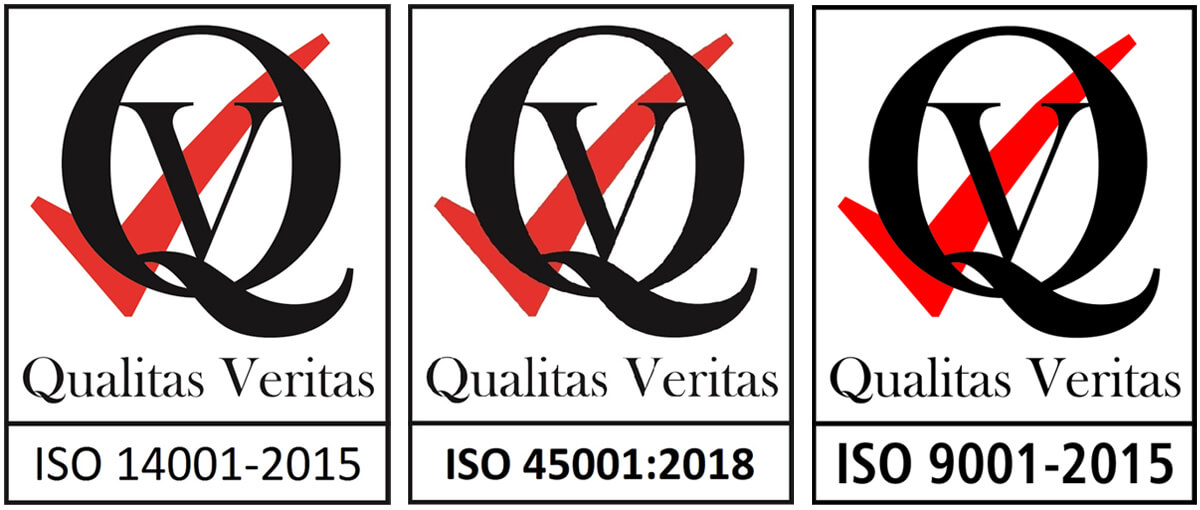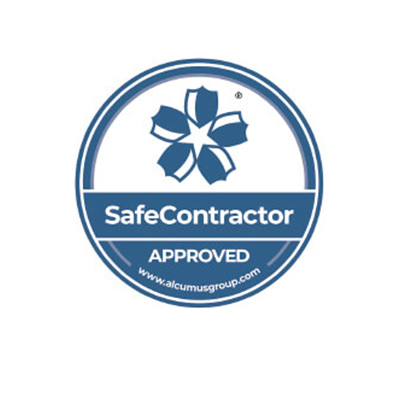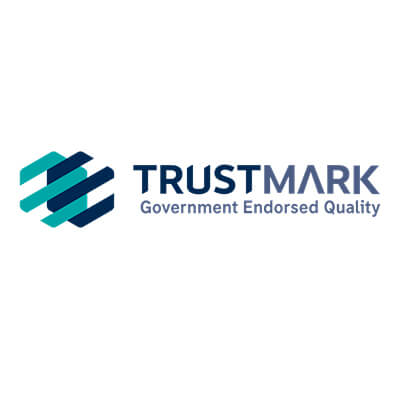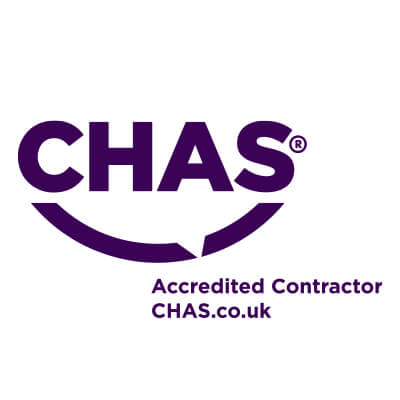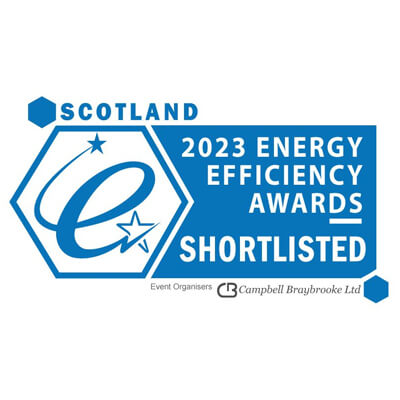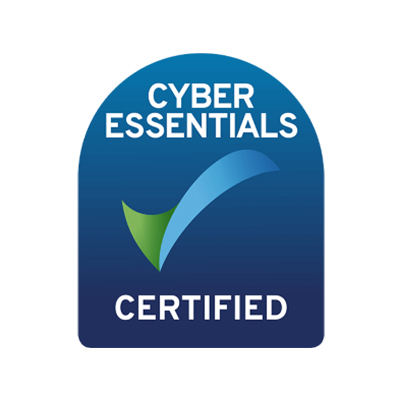Exploring the Differences Between Domestic and Commercial Solar Installers
Solar energy has emerged as a powerful and sustainable solution to the world’s energy challenges.
As Scotland and England increasingly shift their focus towards cleaner sources of power, the demand for solar installations has grown significantly. Within the solar industry, two primary segments have emerged: domestic solar installations and commercial solar installations. While the end goal is the same – harnessing solar energy – there are distinct differences between these two sectors, each with its own set of challenges and considerations.
Scope and Scale
One of the most apparent differences between domestic and commercial solar installers is the scope and scale of their projects. Domestic solar installations primarily focus on residential properties, ranging from single-family homes to multi-unit dwellings. The scale of these projects is generally smaller, requiring fewer panels and components.
On the other hand, commercial solar installations encompass a much broader scope. These projects involve large-scale solar arrays installed on commercial and industrial properties, such as office buildings, warehouses, factories, and retail centres. Due to the larger energy consumption of commercial spaces, the solar arrays are often extensive and require a higher number of panels. Often working in collaboration with battery storage systems.
Design Complexity
The design complexity of solar installations also varies between domestic and commercial projects. Domestic solar installations often prioritise aesthetics and integration with the existing structure. Our Solar Panel Installers need to ensure that the panels are positioned in a way that complements the architectural design while maximising sun exposure. Homeowners might have preferences for specific panel types, colours, and placements.
In contrast, commercial solar installations are usually less concerned with aesthetics and more focused on achieving maximum energy generation. The design process involves optimising panel orientation, tilt angles, and spacing to achieve the highest possible energy output. As commercial solar installers for businesses, we must also consider factors such as rooftop load capacity and electrical infrastructure compatibility.
Regulatory and Planning Permission Challenges
Navigating regulatory processes and obtaining approval can be a significant challenge for both domestic and commercial solar install jobs. However, the nature of these challenges can differ. Domestic solar installations typically encounter local building regulations and Grade Listed restrictions, which can affect panel placement and overall system design.
Commercial solar installations, due to their larger size and potential impact on the surrounding environment, often face more stringent regulations and permitting requirements. These can include environmental impact assessments, grid integration studies, and adherence to commercial building codes. The approval process for commercial projects may involve multiple shareholders and require a comprehensive understanding of local regulations.
Financial Considerations
Financial considerations also set domestic and commercial solar installations apart. For homeowners, the decision to install solar panels often hinges on personal financial factors such as upfront costs, potential energy savings, and available incentives. Domestic solar installers need to communicate the long-term benefits of solar energy to homeowners, emphasising reduced electricity bills and increased property value.
Commercial solar projects are driven by a more complex set of financial considerations. These projects often require a higher initial investment, but the potential for substantial energy cost savings over time can be a significant incentive. As commercial solar installers, we must understand the intricacies of financing options, incentives, and the potential return on investment (ROI) to effectively pitch our services to business owners and decision-makers. With Solar Power Purchase Agreements, this can be made a lot easier.
Installation Expertise
Finally, the expertise required by domestic and commercial solar installers differs based on the unique challenges of each sector. Domestic installers need to possess strong communication skills to effectively address homeowners’ concerns and preferences. They also require knowledge of residential electrical systems and roof structures to ensure a seamless integration of solar panels.
Commercial solar installers like ourselves on the other hand, must possess a deeper understanding of complex electrical systems, utility-scale equipment, and grid integration. We need to be skilled in project management to coordinate with various stakeholders, including architects, engineers, and utility companies. Additionally, we have to have a strong understanding of energy regulations and compliance for successful commercial installations.
While domestic and commercial solar installers share the overarching goal of harnessing solar energy, the differences between them can be substantial. From the scale and complexity of projects to the regulatory hurdles and financial considerations, each sector presents its own unique challenges. Whether on residential rooftops or atop sprawling industrial complexes, solar installers play a pivotal role in advancing the countries transition towards cleaner and more sustainable energy sources and we are proud to be one of the leading solar installers helping to drive this change.
Solar Installers for Business
More and more businesses are looking into solar panels as a real way of controlling their energy expenses.
The volatile nature of the energy market has put many businesses on edge in recent years and for many, there seems little they can do about it. But having solar panels installed on the roof of your businesses building will allow you to control your energy expenses and even help your business to turn it into a revenue stream.
At Low Energy Services, we offer an extensive portfolio of green energy services. As well as solar panel installers and battery storage system fitters, we can provide a range of green energy solutions covering everything from energy monitoring, control strategy analysis, building heat leakage analysis, design, supply, installation and maintenance of renewable technologies to general advice on how to make your building as efficient as it can be.
Based in Glasgow and providing energy solutions across Scotland and England, we design and install solar energy capturing and storing systems for businesses who are looking to reap the financial benefits of solar and battery storage solutions to reduce their energy bills while reducing their carbon footprint.



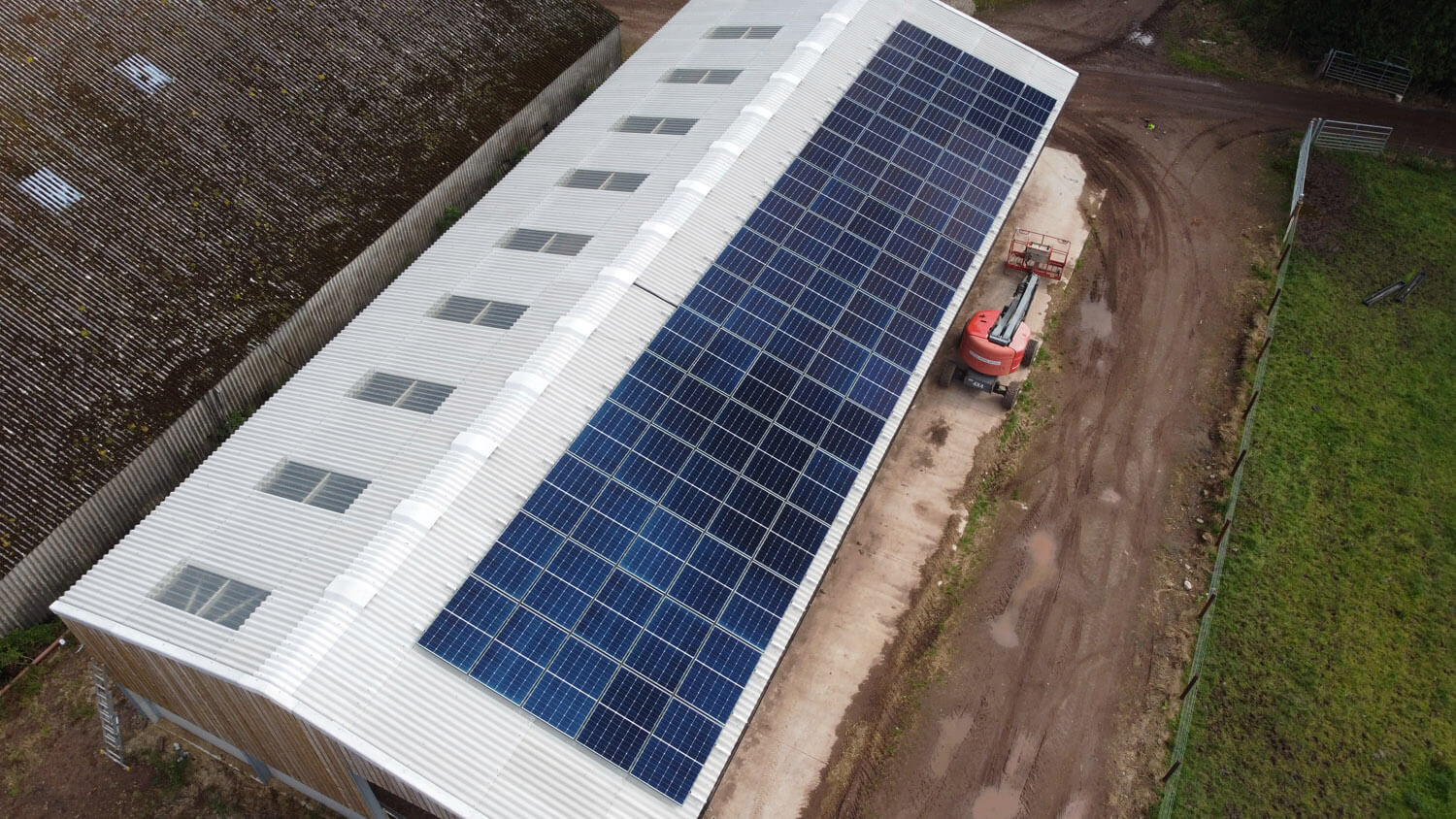
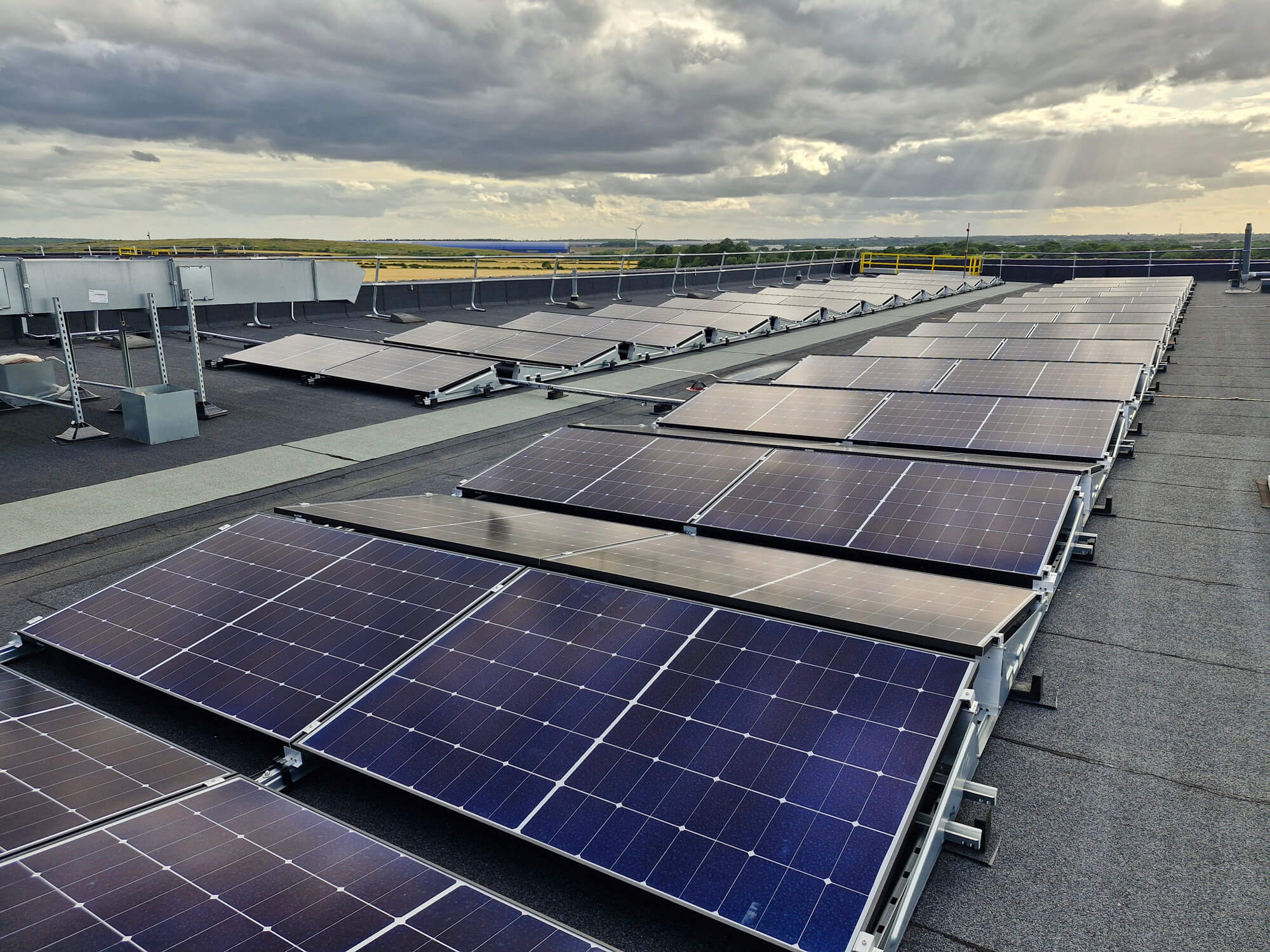
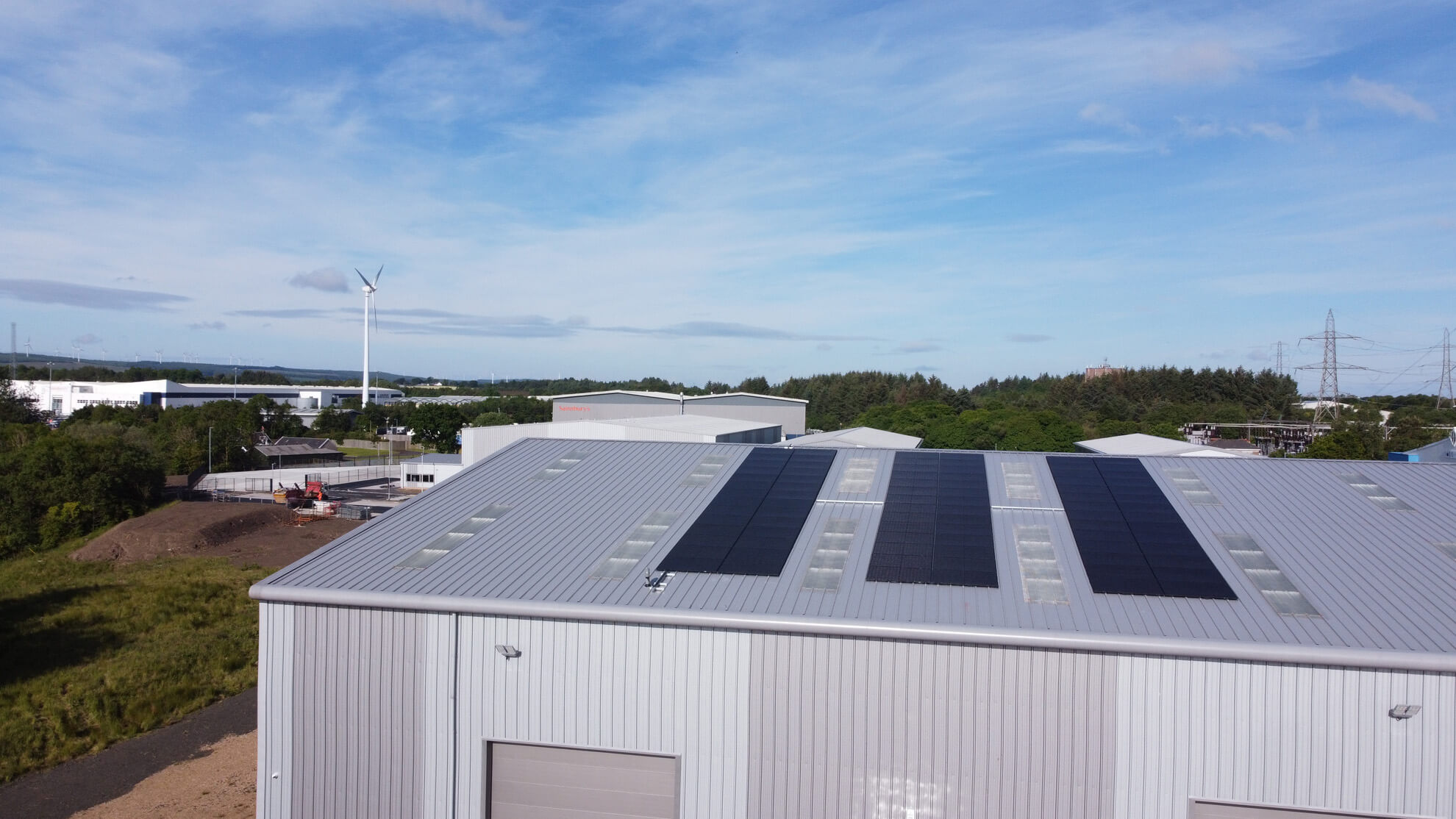
 Renewable Energy Specialists
Renewable Energy Specialists